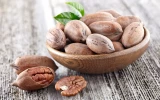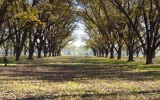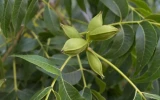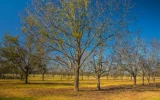When to Fertilize Pecan Trees in Texas? (Perfect Timing)
Fertilizing your pecan trees at the right time can significantly improve their growth and nut production. In Texas, the climate plays an important role in determining the perfect timing for this essential task. Being aware of when to fertilize your pecan trees will ensure that they receive the necessary nutrients for optimal health and productivity.
The ideal time to fertilize pecan trees in Texas is during the early spring months, right before bud break. This typically occurs in late February or early March. Applying fertilizer during this period ensures that the nutrients will be readily available for the tree during its active growth.
It's essential to be aware of other factors that can influence the fertilization of your pecan trees, such as soil quality, tree size, and regional recommendations. By paying attention to these factors, you'll make the most of your fertilization efforts and support the overall health of your trees.
Summary
- The perfect timing for fertilizing pecan trees in Texas is in late February or early March, which is right before bud break. During this time, the nutrients provided by the fertilizer are most readily available to the tree during its active growth period.
- The perfect timing and approach to fertilizing your pecan trees depend on factors such as your tree's age, soil conditions, the location of your trees, and the local climate.
- To ensure the right ratio of nutrients for your pecan trees, you should follow the recommendations from your soil analysis report.

On this page:
The Perfect Timing for Fertilization of Pecan Trees in Texas
Spring application of fertilizer
The best time to fertilize your pecan trees in Texas is in the early spring, before bud break. This typically occurs in late February or early March, depending on the climate conditions in your area. By fertilizing during this time, you ensure that the nutrients provided by the fertilizer are most readily available to the tree during its active growth period.
To apply the fertilizer, carefully spread it evenly beneath the canopy of the tree. It's important to time your application just before rainfall, but avoid applying if the forecast is for torrential rain. This helps prevent the fertilizer from being washed away or leached too deeply into the soil, where your tree's roots won't easily absorb it.
Late summer or early fall application of fertilizer
In addition to the spring application, you may want to consider a second fertilization in the late summer or early fall. This will help support the development of a more vigorous root system for your pecan tree. However, be cautious not to apply excessive amounts of fertilizer, as this can lead to excessive vegetative growth and negatively impact overall nut production.
As with the spring application, make sure to apply the fertilizer evenly beneath the canopy of the tree. Also, avoid applying the fertilizer during periods of drought or when the forecast calls for excessive heat, as this can stress the tree and reduce nutrient uptake.
Types of Fertilizers for Pecan Trees
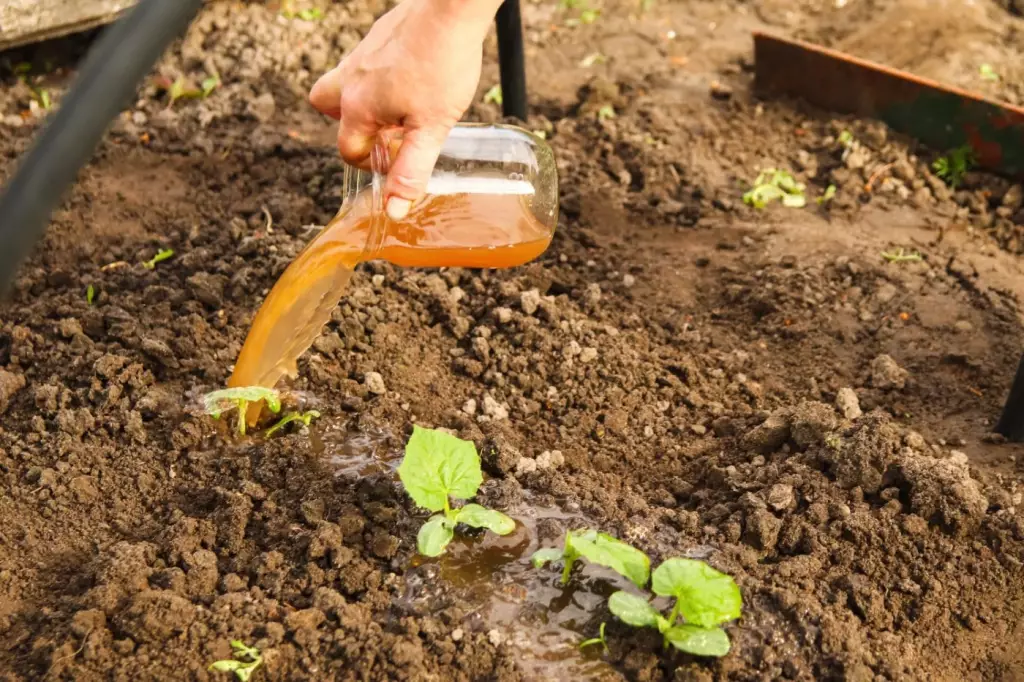
Granular fertilizers are easy to apply
Granular fertilizers are a popular choice for pecan trees due to their ease of application and slow-release properties. You'll want to choose a balanced fertilizer with a nitrogen-phosphorus-potassium (NPK) ratio of 12-6-6 or 10-10-10 for mature trees.
Spread the granular fertilizer evenly beneath the canopy of your tree, ensuring it covers the root zone. These fertilizers will slowly break down over time, providing essential nutrients to your pecan tree.
Liquid fertilizers are absorbed quickly by the roots
Liquid fertilizers offer a more immediate nutrient boost to your pecan trees. They are easy to apply and quickly absorbed by the roots. You can mix the recommended amount of liquid fertilizer with water and apply it using a hose-end sprayer or a watering can.
However, keep in mind that liquid fertilizers need to be applied more frequently than granular options due to their faster absorption rate.
Organic fertilizers are a more environmentally-friendly option
Common organic fertilizers for pecan trees include compost, aged manure, and cover crops. Not only do they provide essential nutrients, but they also improve the overall soil structure and fertility. To use organic fertilizers, simply spread a layer of compost or aged manure around the base of your tree, or plant cover crops in the vicinity to help fix nitrogen in the soil.
Foliar fertilizers are absorbed through the leaf surface
Foliar fertilizers are applied directly to the leaves of your pecan tree using a spray. These fertilizers are particularly useful for addressing nutrient deficiencies quickly, as they are rapidly absorbed through the leaf surface.
For example, zinc is a crucial nutrient for young pecan trees, and foliar sprays containing zinc sulfate can be applied during the spring to encourage healthy growth. Be sure to follow the manufacturer's instructions for proper application rates and timing.
Fertilizing Pecan Trees in Texas
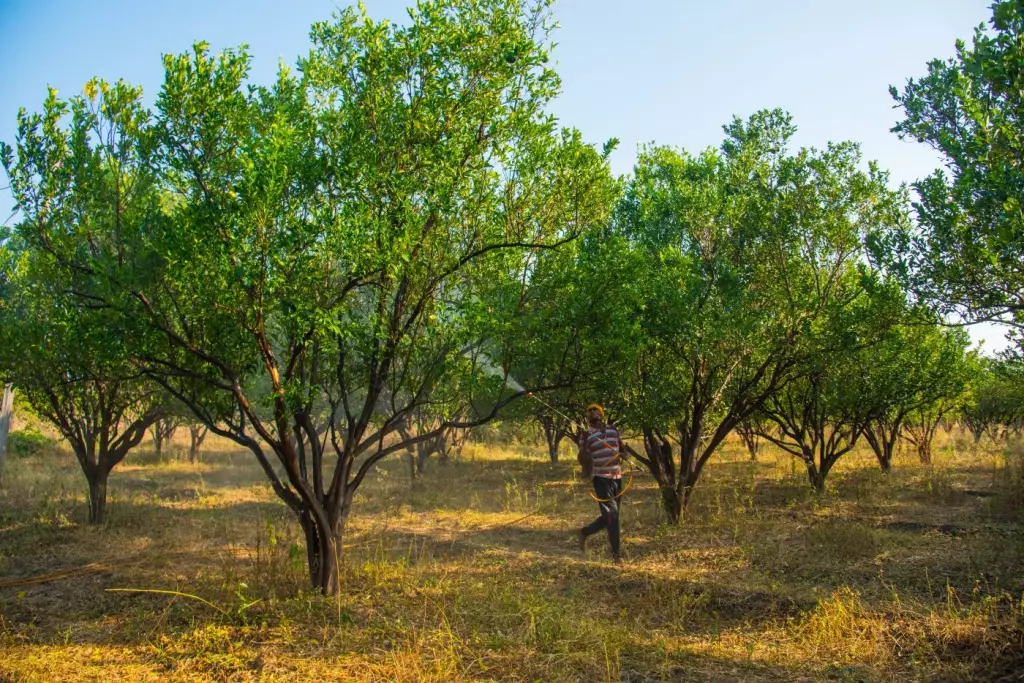
Nutrient requirements of pecan trees
Pecan trees require specific nutrients to grow and produce healthy nuts. The primary nutrient they need is nitrogen, but other elements like phosphorus, potassium, and zinc are also essential.
To ensure your pecan trees have the right balance of nutrients, it's best to have your soil analyzed by a reputable lab and follow their recommendations. This will help you understand the specific nutrient needs of your trees and allow you to fertilize them properly.
Benefits of fertilization to your pecan trees
-
Increased growth and vigor: Providing the necessary nutrients encourages growth and helps maintain the overall health of your trees.
-
Improved nut production: Fertilizing your pecan trees can lead to increased nut yield and better quality nuts, as nutrients are essential for producing an abundant and healthy crop.
-
Resistance to pests and diseases: Healthy and well-fed pecan trees are better equipped to withstand and recover from pest and disease challenges.
Pecan Trees Fertilization Techniques and Tips
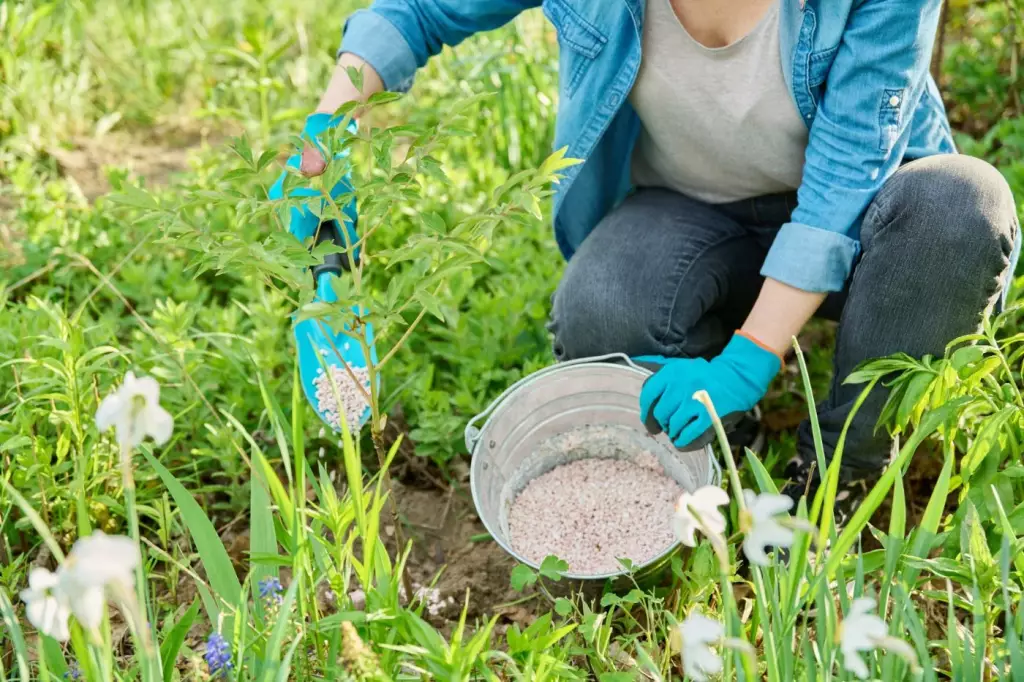
Soil testing and custom fertilization plans
Before you fertilize your pecan trees in Texas, it's crucial to test your soil to determine the specific needs of your trees. Collect samples from the area surrounding your pecan tree and send them to a local lab or extension office. Based on the results, you can develop a custom fertilization plan suited to your tree's needs.
A perfect fertilizer for pecan trees consists of high nitrogen content, like ammonium sulfate (21-0-0) or ammonium nitrate (33-0-0). Remember to fertilize your pecan trees in early March.
Proper application methods of pecan tree fertilizers
Distributing the fertilizer evenly under and beyond the canopy of your pecan tree is vital. It helps avoid large nutrient concentrations in one area. Try splitting the application process into smaller portions throughout the growing season to provide the tree with nutrients while reducing losses to leaching and runoff.
For example, apply four pounds at bud swell, followed by three pounds 30 to 45 days later, and the remaining three pounds 30 days afterward.
Maintaining soil health for your pecan trees
To maintain soil health, it's essential to take care of more than just your pecan tree's fertilization needs. The following practices can help maintain soil health:
- Aerate: Aerate your soil regularly to improve air and water penetration.
- Add organic matter: Incorporate compost or other organic materials into the soil to enhance its nutrient and water-holding capacity.
- Mulch: Applying a layer of organic mulch around your pecan trees helps conserve moisture, suppress weeds, and regulate soil temperature.
- Monitor soil pH: Make sure the soil pH stays within the optimal range for pecan tree growth (6.0 to 6.5).
